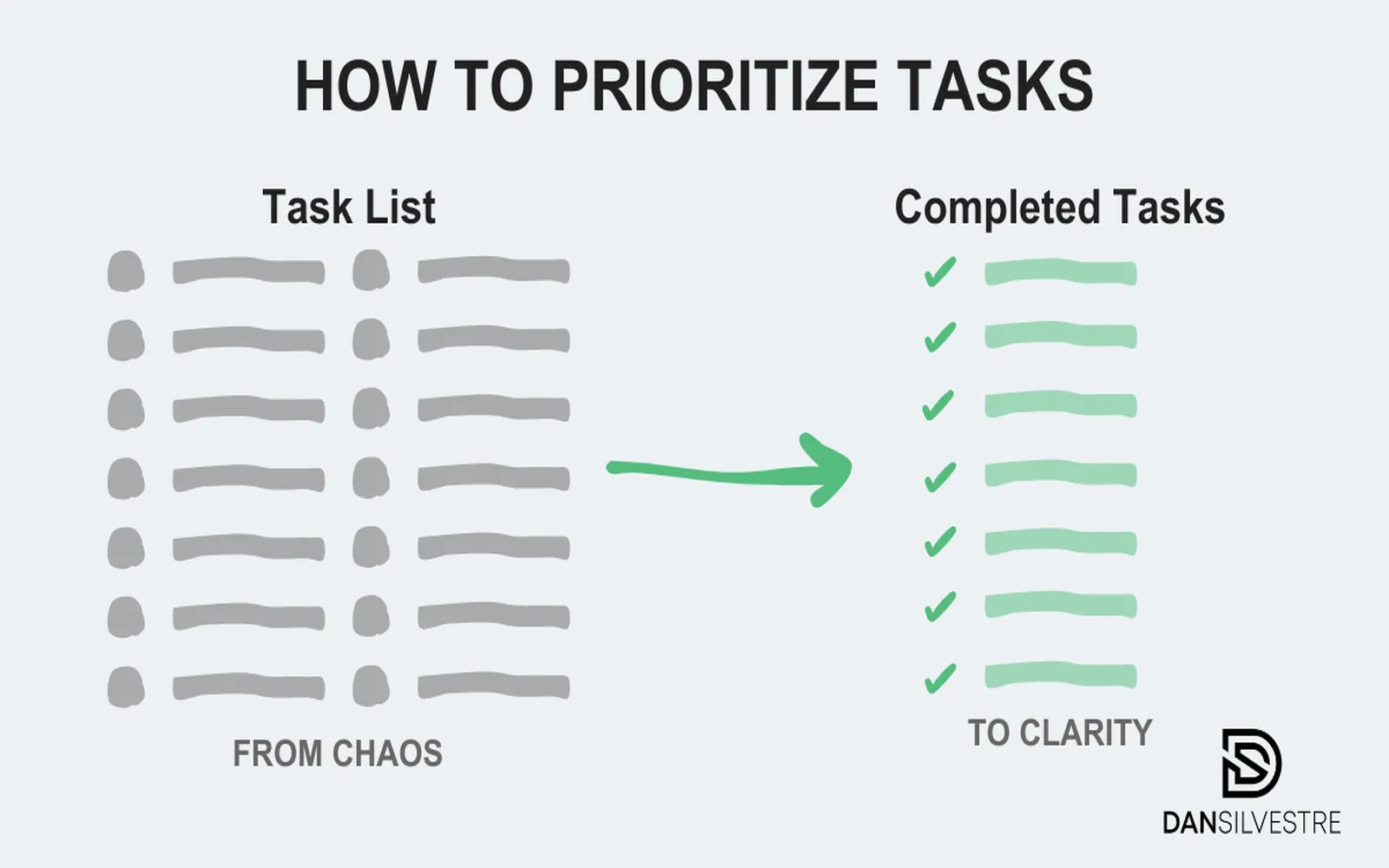When it comes to productivity, the ability to ruthlessly prioritize tasks is essential for achieving your goals. In a fast-paced world where distractions abound, mastering the art of prioritization can significantly enhance your efficiency and effectiveness. Here, we will explore various strategies for prioritizing tasks, providing insights and tools that can help you get more done in less time.
Understanding the Importance of Prioritization
Prioritization is not just about making a list of tasks; it’s about making informed decisions about what to focus on first. By understanding the impact of each task, you can allocate your time and resources more effectively. This ensures that you are not just busy but truly productive.
The Eisenhower Matrix: A Powerful Tool
The Eisenhower Matrix is a simple yet effective framework for prioritizing tasks based on urgency and importance. This matrix divides tasks into four quadrants:
| Quadrant | Task Type | Action |
|---|---|---|
| I | Urgent and Important | Do immediately |
| II | Not Urgent but Important | Schedule for later |
| III | Urgent but Not Important | Delegate |
| IV | Not Urgent and Not Important | Eliminate |
By categorizing your tasks in this manner, you can gain clarity on what requires your immediate attention and what can wait or be delegated to others. This method is particularly useful for professionals looking to enhance their productivity and manage their time more effectively.
Utilizing the ABCDE Method
Another effective approach to prioritization is the ABCDE method, developed by Brian Tracy. This method involves labeling tasks as follows:
- A: Very important – must be done
- B: Important – should be done
- C: Nice to do – but not urgent
- D: Delegate – can be done by someone else
- E: Eliminate – should not be done at all
Once you have categorized your tasks, focus on completing all “A” tasks before moving onto “B” tasks. This method helps you stay focused on high-impact activities, ultimately leading to better results.
Setting SMART Goals
In addition to prioritization techniques, setting SMART goals can also enhance your productivity. SMART stands for:
- S: Specific
- M: Measurable
- A: Achievable
- R: Relevant
- T: Time-bound
By defining your goals in this manner, you ensure that your tasks are aligned with your broader objectives. This clarity helps you prioritize what truly matters, and can guide you in making decisions about where to invest your time and energy.
Time Blocking for Enhanced Focus
Time blocking is a technique that involves scheduling specific blocks of time for focused work on particular tasks. This approach can drastically improve your ability to prioritize and get more done. Here’s how to implement it:
- Identify your top priorities for the week.
- Block out specific time slots in your calendar for each priority task.
- During these time blocks, eliminate distractions and focus solely on the task at hand.
This method not only helps you prioritize but also encourages deep work, which can lead to higher quality outputs and increased productivity.
Review and Adjust Regularly
Prioritization is not a one-time exercise; it requires consistent review and adjustment. At the end of each week, take time to reflect on:
- What tasks were completed?
- What was left undone?
- How did your prioritization affect your productivity?
Adjust your approach as needed based on this reflection. Continuous improvement in your prioritization skills will lead to sustained productivity gains over time.
Conclusion
Being able to ruthlessly prioritize tasks is a crucial skill for anyone looking to enhance their productivity. By employing tools like the Eisenhower Matrix, the ABCDE method, and time blocking, you can ensure that you focus on what truly matters. Remember, the goal is not just to be busy, but to be effective in achieving your objectives. Implement these strategies and watch your productivity soar.





